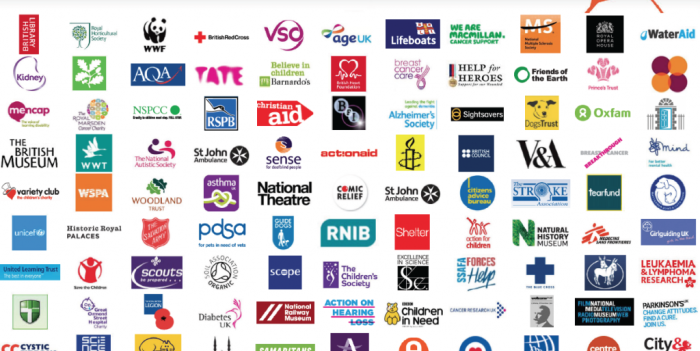Top ten issues facing charities and not-for-profit organisations
The Charity Team at MHA, the UK wide association of independent accountants and business advisers, has produced a report identifying the top ten issues currently facing charities and organisations in the Not-for-Profit sector.
Sarah Case, head of NfP at MHA said: “The sector is dealing with many challenges and changing legislation is placing a cost burden onto organisations already struggling with funding issues. It is imperative that charities and Not-for-Profit organisations take proactive action, forward planning and timely strategic advice to deal with the regulatory and compliance requirements and ensure success.”
The top ten issues are:
1. New SORPS (Statement of Recommended Practice): due to come into force on 1st January 2015. One is to support the Financial Reporting Standard for Smaller Entities (FRSSE) and one to support the Financial Reporting Standard applicable in the UK and Republic of Ireland (FRS 102). Charities of a size eligible to choose need to consider carefully which SORP to follow particularly as the FRSSE is likely to have a short life span and following it initially may well lead to more change in a year or two.
2. Operating a charity trading subsidiary: commercial trading activities of charities require careful consideration if difficulties are to be avoided. Generally it is advisable to undertake these activities within the charity itself, taking advantage of exemptions available under charity and tax law. Where exemptions are breached, however, it is appropriate for activities to be undertaken through a wholly owned trading subsidiary. Whilst this is a tried and trusted structure that has long been accepted by The Charity Commission and OSCR and HMRC, there are some significant challenges to be overcome.
3. Managing risk: There is a requirement for trustees of charities over the audit threshold to include a risk management statement in their Trustees Annual Report and in order for trustees to make this positive statement they will need to consider risks and their management in a formal way. The new SORPS reinforce the importance of the risk management statement. To effectively manage the risks of the charity trustees will need a framework in place which will allow them to identify and categorise the risks facing the charity, and to make decisions about how to respond to these risks.
4. Avoiding conflict of interest: Trustees’ duty of compliance requires integrity and the avoidance of any conflicts of interest between the charity and personal or professional interests. This includes perceived as well as actual conflicts of interest. According to law they cannot receive any benefit in their capacity as trustee unless they have express legal authority covering this. It can be quite challenging to do so but Trustees must aim to identify conflicts of interest at an early stage and manage them appropriately.
5. Ensuring delegation processes are fit for purpose: The board has ultimate responsibility for the organisation but they cannot run it on a day to day basis. Delegation is, therefore, crucial, but for this to be successful it needs to involve a clear structure and terms of reference to ensure everyone involved understands their roles and individual responsibilities. Failure to review delegation processes can lead to operational problems and to governance issues.
6. Determining the appropriate level of reserves: Significant reserves would begin to suggest that resources are being stockpiled and not applied for the charitable purposes for which they were received. However, to operate with nothing in reserve might be considered foolish and reckless. The charity must have a reserves policy and a well crafted and thought through reserves policy can pay dividends by facilitating development of the organisation and its activities, assisting in strategic planning, providing a buffer to manage unforeseen financial difficulties and to demonstrate good stewardship to funders.
7. Fraud: There are a number of reasons why charities can be susceptible to fraud. These include the fact that a high level of confidence in the sector means people think it very unlikely; there can be a lack of strong controls either because of limited resource or over reliance on goodwill of employees or volunteers; and reliance on large number of volunteers. It is essential that trustees understand the risks to which the charity is exposed and where it might be vulnerable to fraud risk and make sure that controls are designed accordingly and that proper training is given to trustees and staff.
8. Auto-enrolment: by 2016 every organisation in the UK, including charities must make pensions provisions for their employees. It is important to know your staging date and make plans in good time.
9. Gift Aid: this can ‘gross-up’ donations by 25% but the charity must ensure the system is correctly administered and does not fall foul of HMRC’s rules
10. VAT: this can present a series of challenges with complex issues. Charities must keep on top of matters such as exemptions and obtaining the reliefs available to in order to be VAT efficient.
To obtain a copy of the full report, please contact Hannah Fish on 0207 429 4147, e-mail: Hannah.fish@mhllp.co.uk

